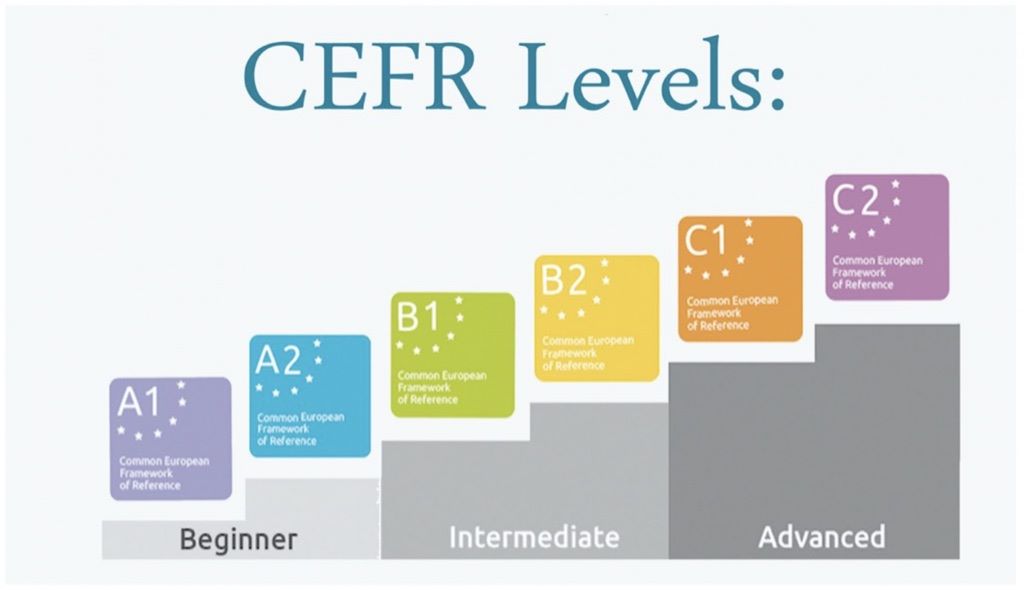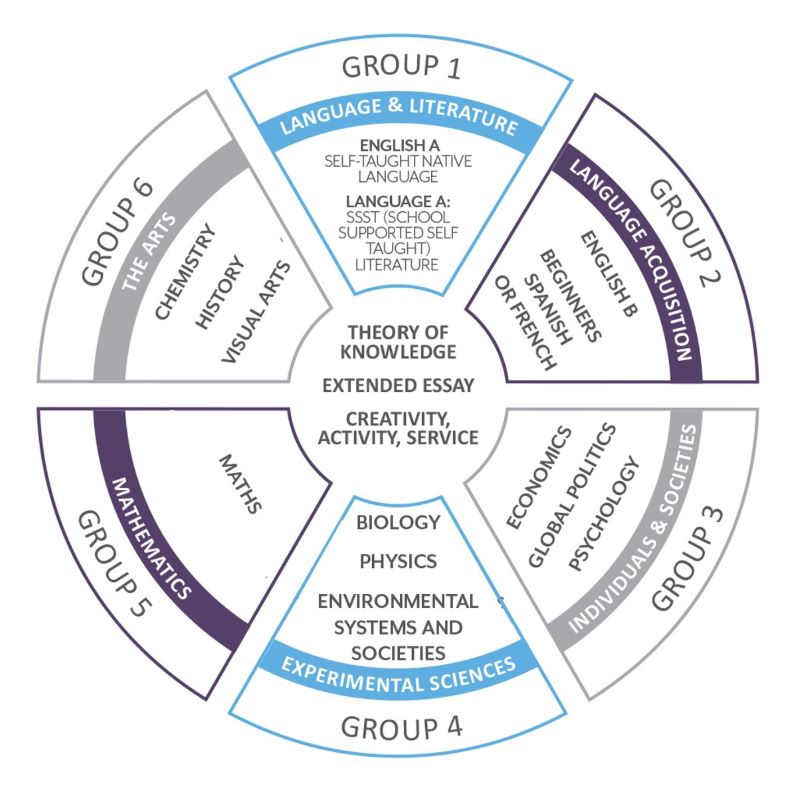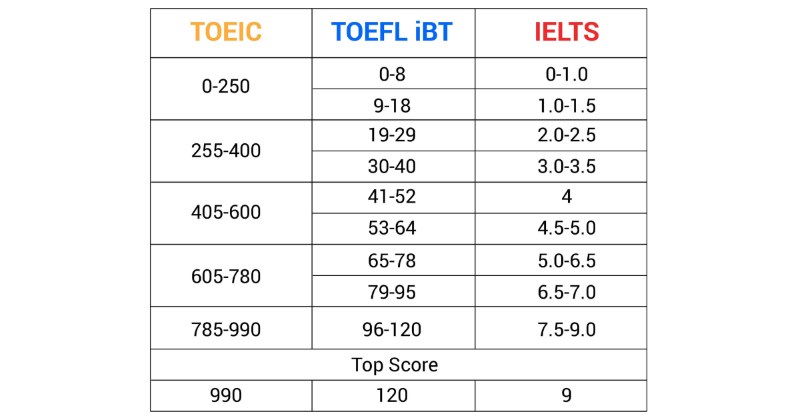Language proficiency has become a crucial factor in today’s globalized world, as it significantly impacts one’s ability to communicate and succeed in various aspects of life. Being fluent in a language not only makes it easier to connect with others but also opens up many new opportunities in life and work. This article will help you understand more about language proficiency, its importance, and how to develop and maintain language skills effectively.

1. What is Language Proficiency?
Language proficiency refers to an individual’s ability to effectively use a language in various contexts, including speaking, writing, reading, and understanding. It encompasses both the production and comprehension of the language, and is typically measured through proficiency tests that evaluate one’s capability to communicate clearly and accurately. Proficiency levels range from basic to advanced and are crucial for professionals, as those who are proficient in multiple languages can interact with a broader audience, enhance employability, and serve as translators when needed.
There are multiple systems for classifying language proficiency, among which the CEFR (Common European Framework of Reference for Languages) is one of the most widely adopted. This system divides language proficiency into six levels, ranging from A1 (beginner) to C2 (proficient as a native speaker).
2. Importance of Language Proficiency in Today’s World
In today’s globalized society, language proficiency plays a crucial role in personal and professional success. Mastering multiple languages offers various benefits that extend beyond communication, contributing to both individual and organizational growth.
Remain competitive in a foreign marketplace
Being proficient in foreign languages allows businesses and professionals to thrive in international markets. It enables them to connect with clients, customers, and partners from different cultural backgrounds, thus expanding their reach. Language proficiency also enhances negotiations, customer service, and market research, helping organizations stay competitive globally.
Company location
For companies with a global presence, language proficiency is essential in various locations. Whether a business operates in multiple countries or targets diverse international audiences, having employees who are fluent in local languages ensures effective communication and smoother operations. It fosters trust, enhances customer relationships, and simplifies the adaptation of products and services to different regions.
Growth mindset
Language proficiency encourages a growth mindset by opening up opportunities for personal development and learning. It enables individuals to engage with diverse cultures, gain new perspectives, and increase their understanding of global issues. Professionals who invest in language learning demonstrate adaptability, curiosity, and a willingness to expand their horizons, all of which are valuable traits for personal and career growth.
Diversity
Language proficiency promotes diversity by enabling individuals from different linguistic backgrounds to communicate and collaborate effectively. It helps break down barriers, encourages inclusivity, and fosters a diverse and multicultural environment. In both the workplace and society, language skills contribute to creating a harmonious and productive space for people from different backgrounds to work together.
Recognizing the importance of language skills in today’s world, Westlink International School has been committed to enhancing educational quality with specialized teaching programs: International Baccalaureate (IB) and Bilingual programs.

At Westlink, students are encouraged to actively explore and discover themselves, along with their desires to change themselves and the world. The faculty at Westlink consists of highly qualified and experienced teachers, both in the educational environments of Vietnam and internationally. The teaching method at the school encourages students to take initiative in their learning processes, actively engaging in research and exploration. This approach fosters a sense of responsibility and develops perseverance and determination in their studies.
Contact Information for Westlink International School
Address: Gia Vinh Road, Tay Ho Tay New Urban Area, Xuan Tao Ward, Bac Tu Liem District, Hanoi
Hotline: (+84) 865 777 900
Email: info@westlink.edu.vn
Kakao Talk: westlinkkr
Line ID: westlinkadmission
3. Benefits of Language Proficiency
Language proficiency offers numerous advantages that can enhance both your daily life and professional career. Here are some notable benefits:
3.1 Personal Benefits
Having a good command of languages enables you to easily connect with people from different countries, understand, and integrate into diverse cultures. It also provides confidence in communication and learning from international sources, helping to broaden your personal perspective.

Research indicates that learning languages improves cognitive skills, enhances intelligence, and bolsters problem-solving abilities. This is due to the brain’s increased flexibility when switching between languages.
3.2 Professional Benefits
Language proficiency offers numerous practical benefits for your career. In the era of globalization, the ability to speak foreign languages expands job opportunities both domestically and internationally, especially in fields such as commerce, tourism, customer service, and communications. This skill makes you stand out in the job market, as employers often prefer candidates who can communicate directly with foreign partners and customers.
Proficiency in a language leads to career advancement opportunities, participation in international projects, and management positions with attractive salaries. Additionally, your ability to build a global professional network is enhanced, thanks to the ease of establishing relationships with international partners and experts.
4. Assessing and Demonstrating Language Proficiency
To demonstrate your language proficiency, you can participate in official tests or provide relevant language certificates.
4.1 Language Proficiency Tests
Language certification exams are the most effective way to assess and demonstrate your language abilities. For instance, if you are looking to prove your English proficiency, exams like the TOEFL and IELTS are widely recognized options. Similarly, the DELE is the go-to for Spanish, while DELF/DALF cater to French speakers, and the Goethe-Zertifikat is esteemed for German. These exams provide a structured and reliable method to test and verify your language level.
Beyond individual language proficiency, many students also seek broader educational opportunities. International exams for high school students not only pave the way for higher education in different countries but also complement language certifications by showcasing a student’s readiness for global academic challenges. Understanding the structure and benefits of these international exams can be crucial for students aiming to study abroad or in international programs

4.2 Demonstrating Proficiency in Job Applications
In job applications, language proficiency is often required as a crucial factor. You can clearly list any language certifications you have obtained or demonstrate your language skills through specific examples from your work, such as international projects or tasks that required language use. This approach not only showcases your linguistic abilities but also highlights your practical experience in utilizing these skills in a professional setting.
5. Developing and Maintaining Language Proficiency
To maintain and develop your language proficiency, effective learning strategies are essential. Here are some tips to help you enhance your language skills:
5.1 Effective Learning Strategies
One effective strategy to develop language proficiency is to blend traditional learning with practical application. Engaging in language classes, utilizing online language learning apps, and especially participating in real-life communication activities such as conversing with native speakers or joining language clubs are essential.

Additionally, reading books, watching movies, and listening to podcasts in the language you are learning can significantly improve your vocabulary and understanding of grammar.
5.2 Tips for Maintaining Fluency
To maintain language proficiency, you need to practice regularly and continuously refresh your knowledge. Create opportunities to use the language every day, such as chatting with friends, participating in advanced courses, and accessing specialized materials. This will help you
Owning a proficient level of language is a solid “stepping stone” that supports you in advancing in both life and work. Developing and maintaining language proficiency not only brings practical personal benefits but is also the key to unlocking success in a globalized environment. Therefore, continuous learning and practice to enhance your language skills will help you achieve your personal dreams.
In conclusion, language proficiency is undeniably the key to global communication in today’s interconnected world. It not only facilitates effective interaction across cultural and geographical boundaries but also enhances personal and professional growth. Whether for individuals seeking career advancement or businesses expanding their international presence, the ability to communicate in multiple languages opens countless opportunities. As we continue to navigate a globalized environment, language proficiency will remain an essential tool for fostering understanding, collaboration, and success in diverse settings.


